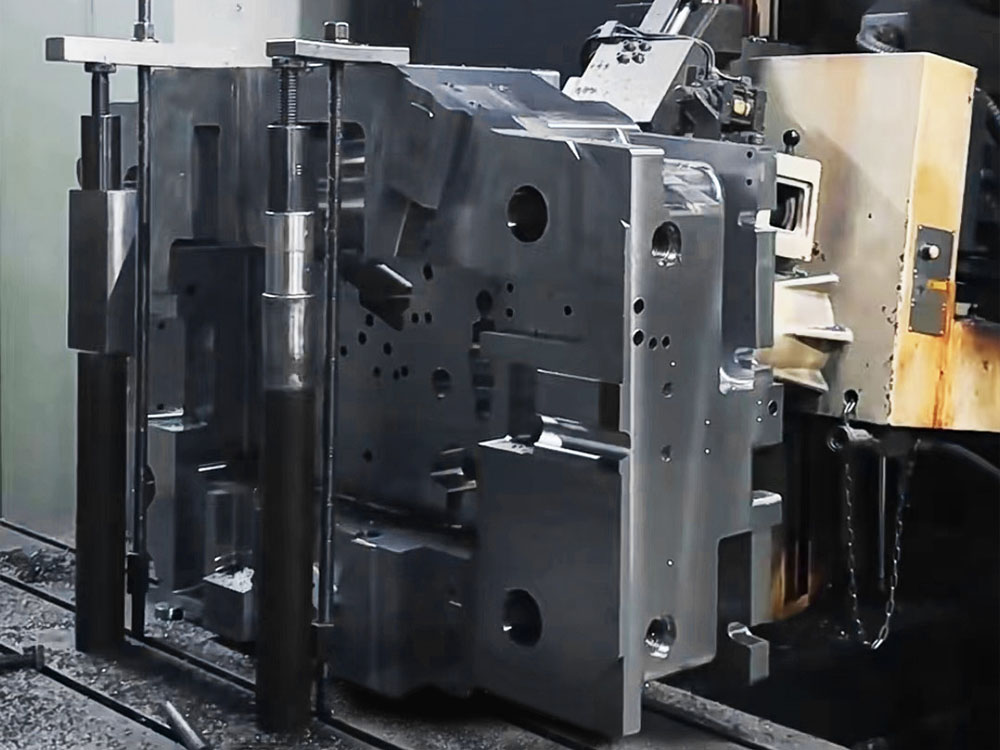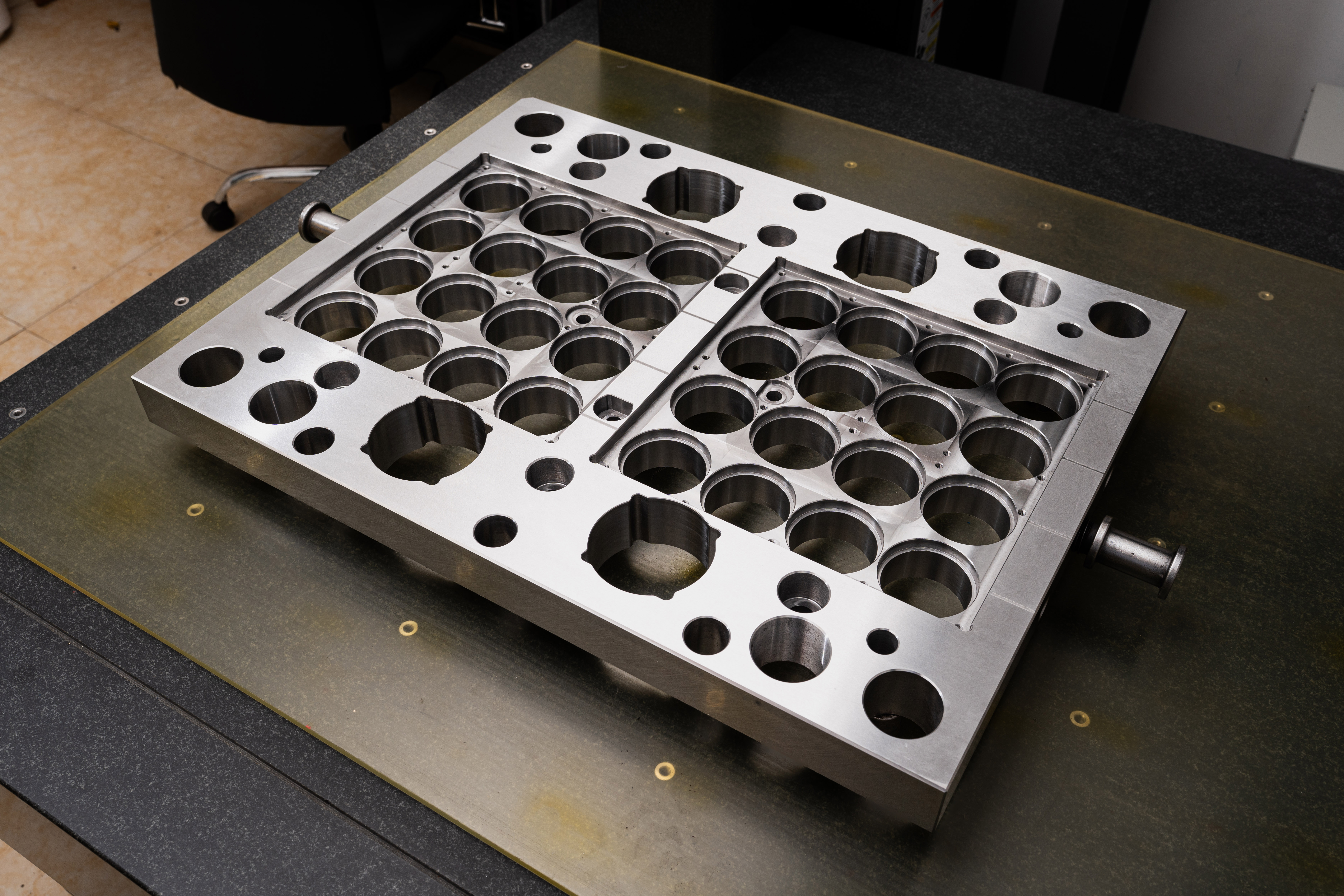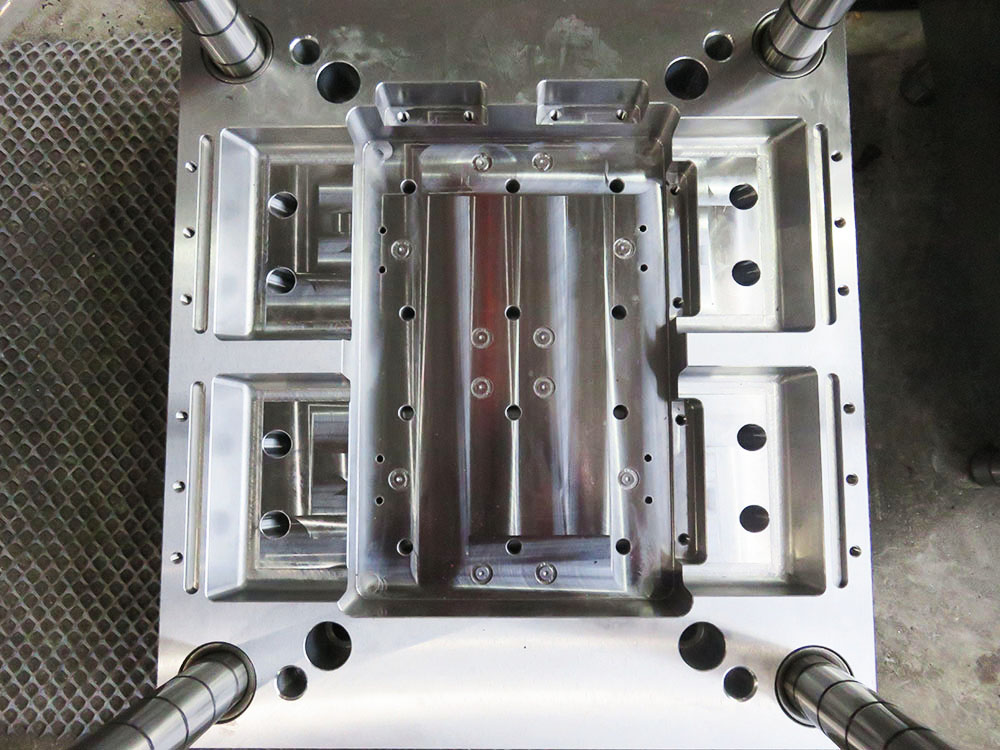Customized Solutions for Non-Standard Modular Frameworks: Meeting Unique Production Requirements
The mold base industry plays a crucial role in the manufacturing sector, providing the essential foundation for molding processes in a wide range of industries. Mold bases act as a support structure for molds, ensuring the accurate and efficient production of parts and products. While standard modular frameworks dominate the market, there is a growing need for customized solutions to meet unique production requirements. This article explores the importance of tailored mold base solutions and the benefits they offer.
1. Understanding Non-Standard Modular Frameworks
Traditional mold base solutions are based on standard modular frameworks, which offer a variety of pre-set sizes and configurations. These frameworks provide a cost-effective and readily available option for many production needs. However, in certain situations, standard frameworks may not adequately meet specific requirements.
Non-standard modular frameworks refer to customized mold base solutions that are designed to address unique production challenges. These frameworks deviate from standard specifications to accommodate specific part dimensions, molding processes, or equipment limitations. By tailoring the mold base to the specific needs of the production process, manufacturers can optimize efficiency, accuracy, and overall productivity.
2. Benefits of Customized Mold Base Solutions
2.1 Enhanced Precision and Accuracy
Customized mold base solutions allow for tighter tolerances and precision, ensuring the accurate replication of parts. By precisely accommodating part dimensions, the risk of inaccuracies and defects is significantly reduced. This level of precision is particularly crucial in industries such as aerospace, automotive, medical, and electronics, where even slight deviations can lead to critical failures or malfunctions.
2.2 Improved Efficiency and Productivity
Customized mold bases are designed to seamlessly integrate with existing molding processes and equipment, optimizing efficiency and productivity. By eliminating the need for manual adjustments or modifications, manufacturers can reduce downtime and increase overall production output. This streamlined integration also minimizes the risk of errors or inconsistencies, resulting in higher-quality parts and minimal waste.
2.3 Flexibility and Adaptability
Customized mold base solutions offer enhanced flexibility and adaptability to accommodate evolving production requirements. As industries continue to evolve and new product designs emerge, the ability to quickly adapt mold bases ensures manufacturers can stay ahead of the competition. With non-standard modular frameworks, reusability is also improved, as customized designs can be easily modified or repurposed to suit similar production needs.
3. Overcoming Design and Engineering Challenges
Designing and engineering customized mold base solutions present a unique set of challenges. Manufacturers must possess comprehensive understanding and expertise in mold base design, material selection, and production processes to ensure optimal results. The collaboration between mold designers, engineers, and manufacturers is essential to overcoming these challenges and achieving the desired outcome.
By leveraging advanced technologies, such as computer-aided design (CAD) and simulation software, manufacturers can simulate and evaluate the performance of customized mold bases before actual production. This allows for the identification and resolution of design flaws or potential issues, minimizing the risk of costly errors in the physical production stage.
4. Conclusion
Customized solutions for non-standard modular frameworks in the mold base industry are crucial for meeting unique production requirements. By deviating from standard specifications, manufacturers can achieve enhanced precision, improved efficiency, and flexibility in molding processes. While the design and engineering of customized mold bases pose challenges, leveraging advanced technologies can help overcome these obstacles. As manufacturing industries continue to evolve, the demand for tailored mold base solutions is expected to grow, as they offer distinct advantages in meeting the diverse production needs of various sectors.




